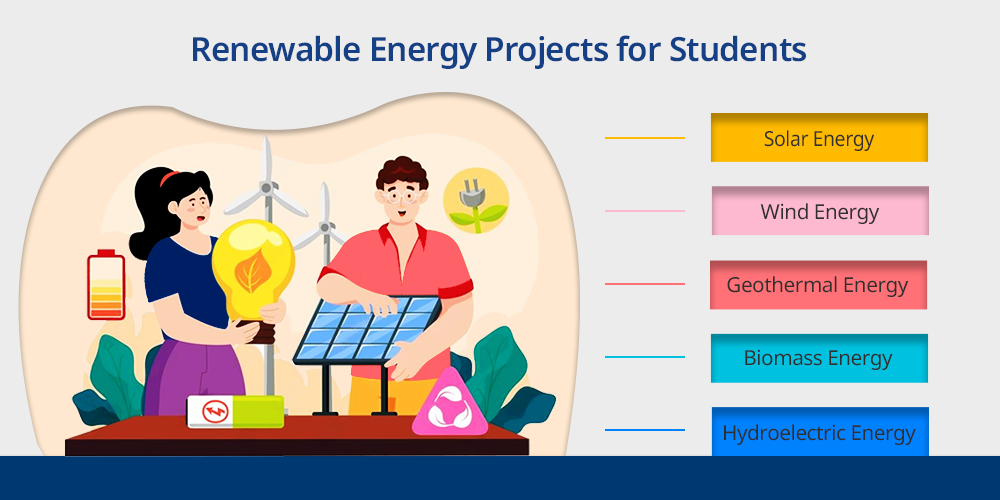
As the global community is now becoming more aware of the needs for climate changes and carbon emission people have now started to understand the value of renewable resources and energy where they have been transforming towards the sustainable way of living.
This transitioning from fossil fuels to sustainable energy sources is making a very remarkable change in the dynamics of the world in terms of climate and other environmental issues but it is a challenge for the government and industries to implement it.
It is also an opportunity for individuals to contribute their part towards the greener planet where every contributor holds a very unique position in the world being an innovator and leader for tomorrow’s drive of change.
Young students are encouraged to participate in these energy projects which will help them in understanding the sustainable practices and gaining hands-on experience with the cutting edge technology.
We are all well aware of the How Technology Can Support students Success .
The world now has to come up with solutions for these real world challenges and foster our sense of environmental stewardship.
There are many types of renewable resources that can make meaningful contributions to the world building a better place as the AI driven energy system or sophisticated technology can inspire commitment towards sustainability and innovation at the same time.
Contents
Types of Renewable Energy Sources
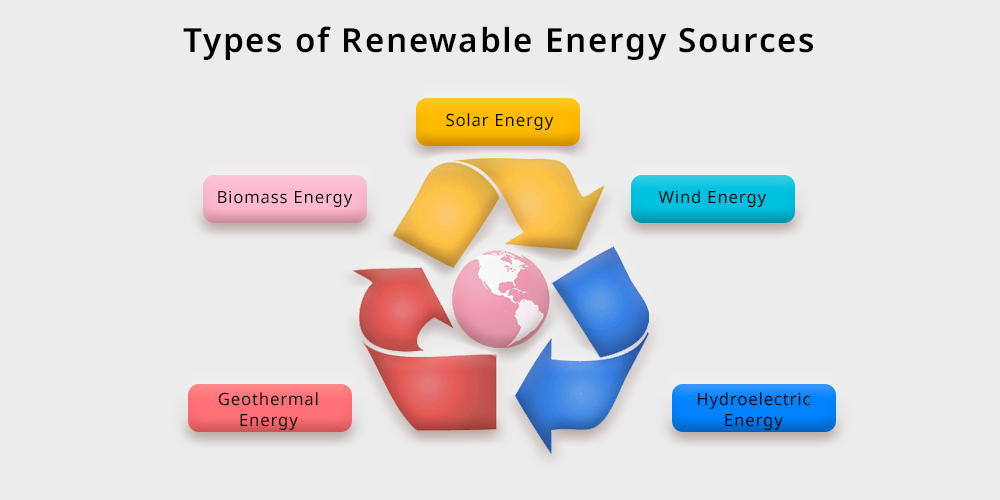
1. Solar Energy
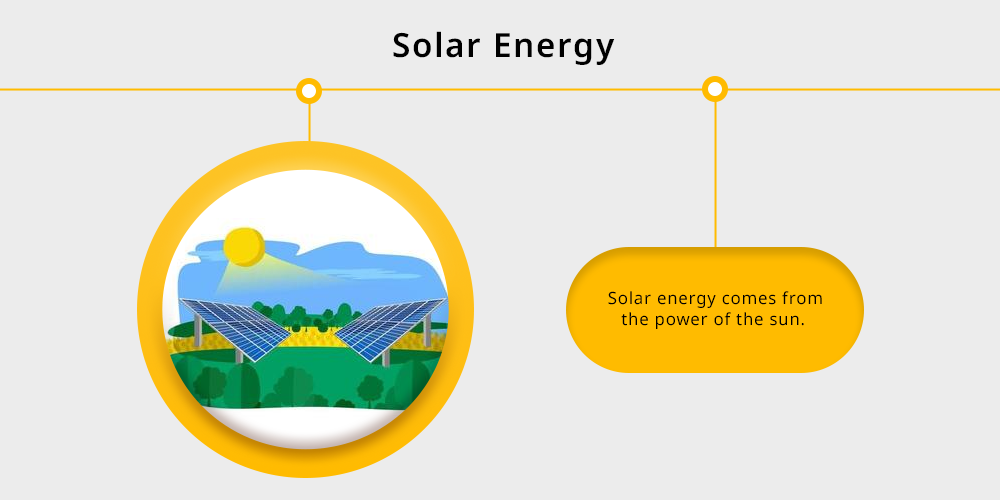
Solar energy comes from the power of the sun.
It harnesses its power by using photovoltaic cells or solar thermal energy integrated in the system to use it in other forms like electricity and generate power.
It is one of the most reliable, accessible and renewable forms of energy available in the world, which is ideal as a starting point for student projects.
2. Wind Energy
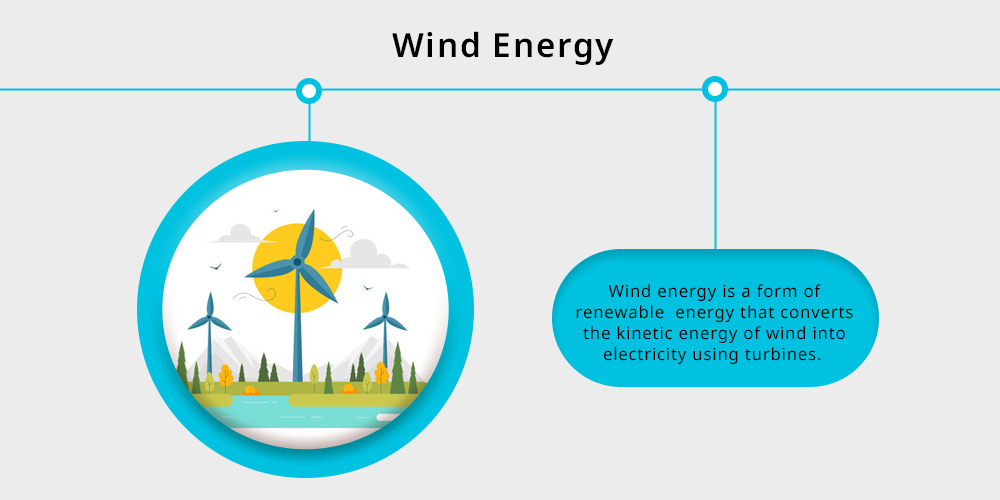
Wind energy is a form of renewable energy that converts the kinetic energy of wind into electricity using turbines, which makes the best out of the immensely available resource.
Under this students can learn about aerodynamics in detail and mechanics involved in the process of energy conversion through all the wind related projects.
3. Hydroelectric Energy
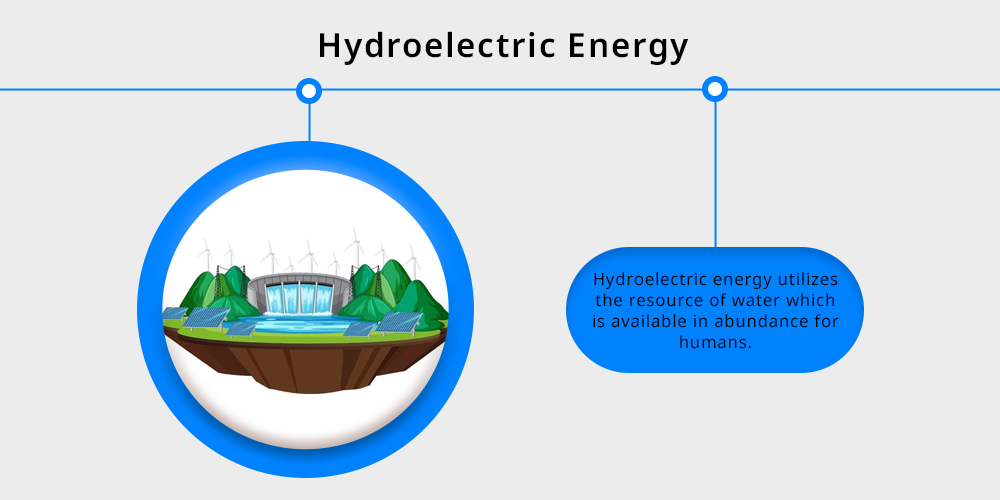
Hydroelectric energy utilizes the resource of water which is available in abundance for humans.
Under this the flow of water is utilised to generate electricity where from small water streams to large rivers everything comes under the hydroelectric system which showcases the actual potential of water which is a very powerful energy resource available for us to exploit.
4. Geothermal Energy
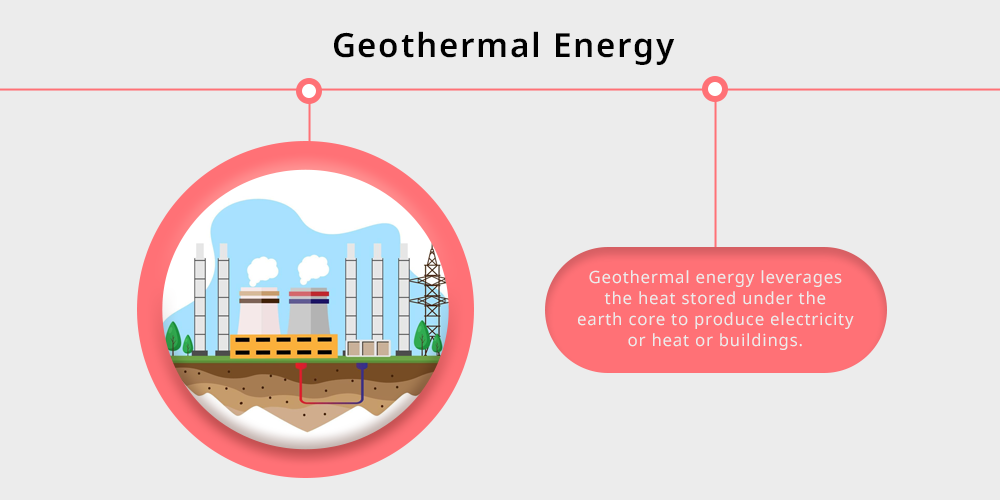
Geothermal energy leverages the heat stored under the earth core to produce electricity or heat or buildings.
Although it seems like a bigger project, exploring in this area with innovative ways can tap into a very useful system of utilising resources to its best.
5. Biomass Energy
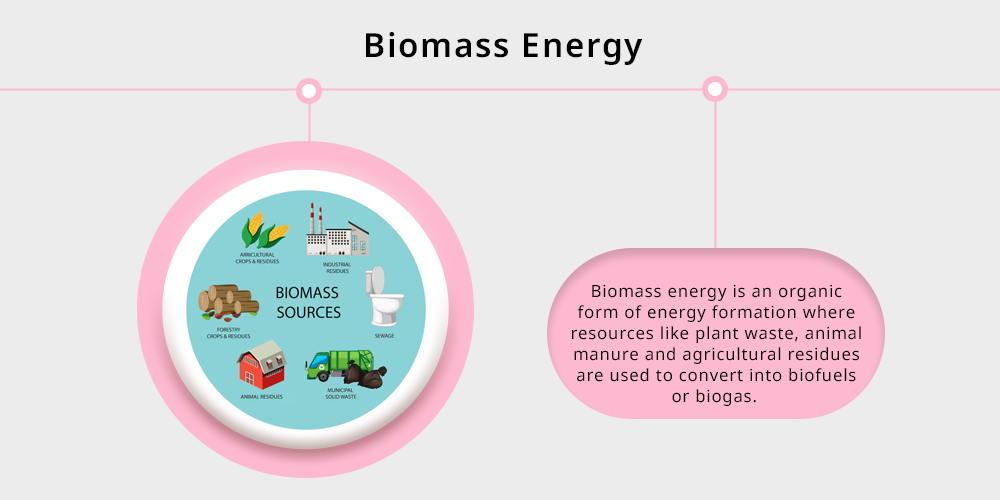
Biomass energy is an organic form of energy formation where resources like plant waste, animal manure and agricultural residues are used to convert into biofuels or biogas.
It is also a very complex process but students can experiment with converting the biomass into biofuels with proper understanding of the concept and under proper guidance from their facilitators.
It is a very amazing way of taking in use of the everyday household waste that comes from the kitchen into use in various forms.
Benefits of Working on Renewable Energy Projects
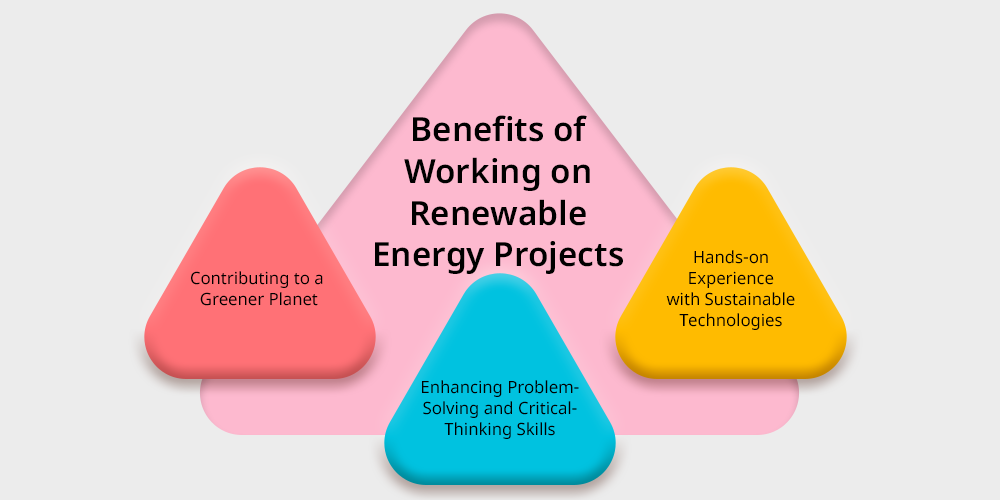
1. Hands-on Experience with Sustainable Technologies
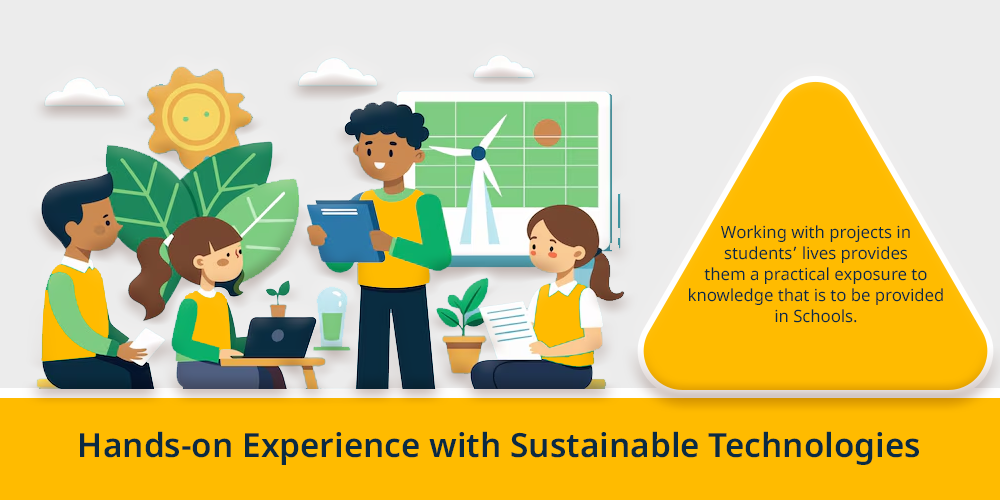
Working with projects in students’ lives provides them a practical exposure to knowledge that is to be provided in Schools.
These projects help students in learning about the technology involved in the renewable energy sources and expose them to cutting edge technology with practical exposure.
The 21K School aims at providing education that not only teaches a student to read and write but also about the world.
Sustainable education is an extended form of education wherein sustainability is incorporated into the syllabi; this makes students have sustainable attitudes toward the planet.
2. Enhancing Problem-Solving and Critical-Thinking Skills
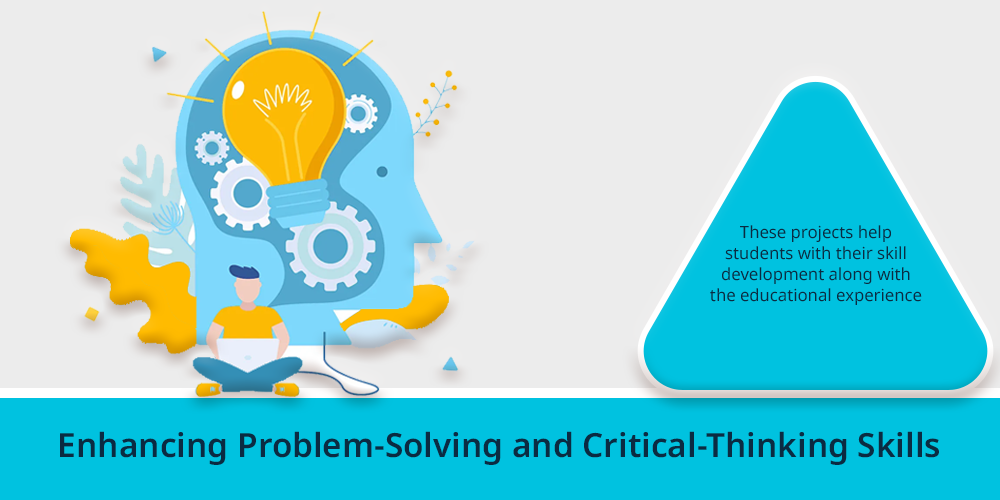
These projects help students with their skill development along with the educational experience so while working on projects like solar panels, wind turbines and biofuel systems they gain insight into the skills that are valuable for the future perspective and helps them in overcoming real world challenges more efficiently.
The real challenges could be optimising energy efficiency and designing cost effective solutions to enhance experience and contribute towards their analytical skills and innovative thinking.
3. Contributing to a Greener Planet
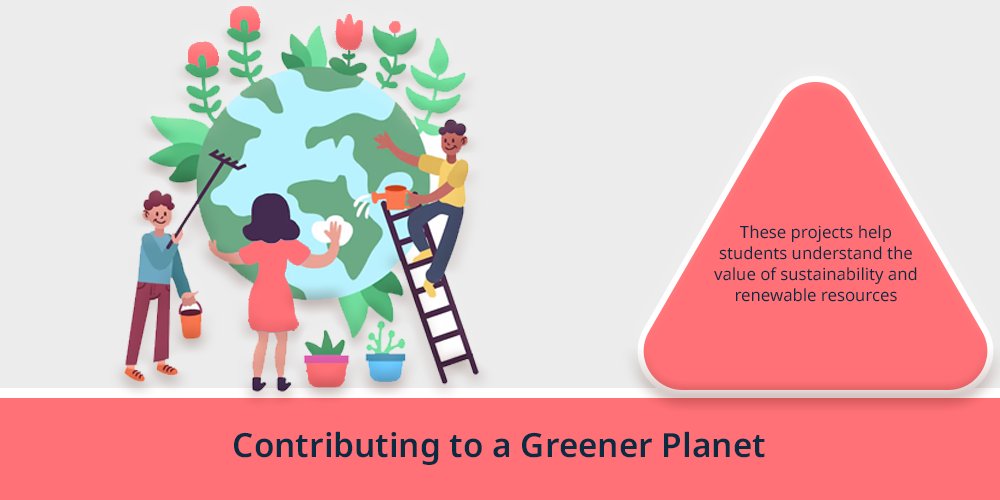
These projects help students understand the value of sustainability and renewable resources while engaging into these activities and initiative students contribute towards global effort combating climate change and other ecological problems that the world is currently facing.
Every world and every project, no matter how small or big, completely depends on the resources and the energy available for them.
Understanding the concept of renewable resources can safeguard the non renewable resources for the future generation making it wealth.
Project Ideas for Different Education Levels
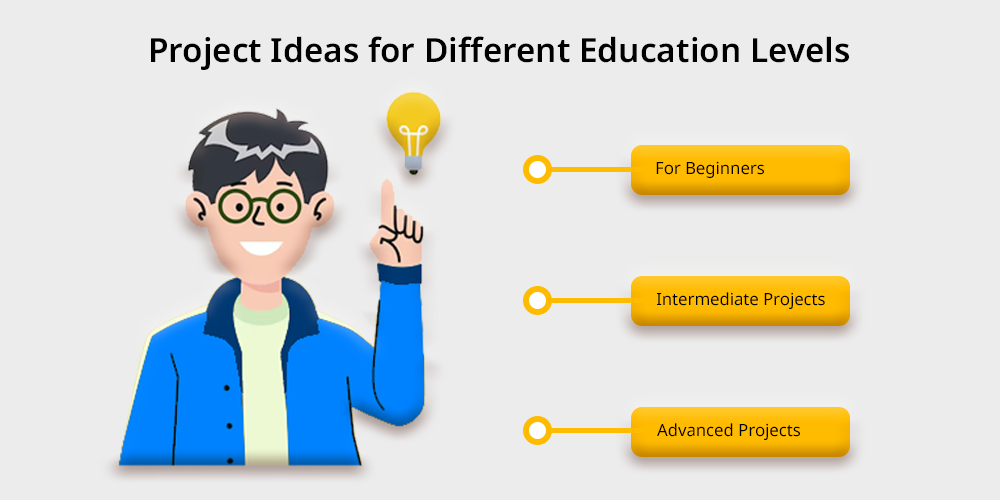
For Beginners
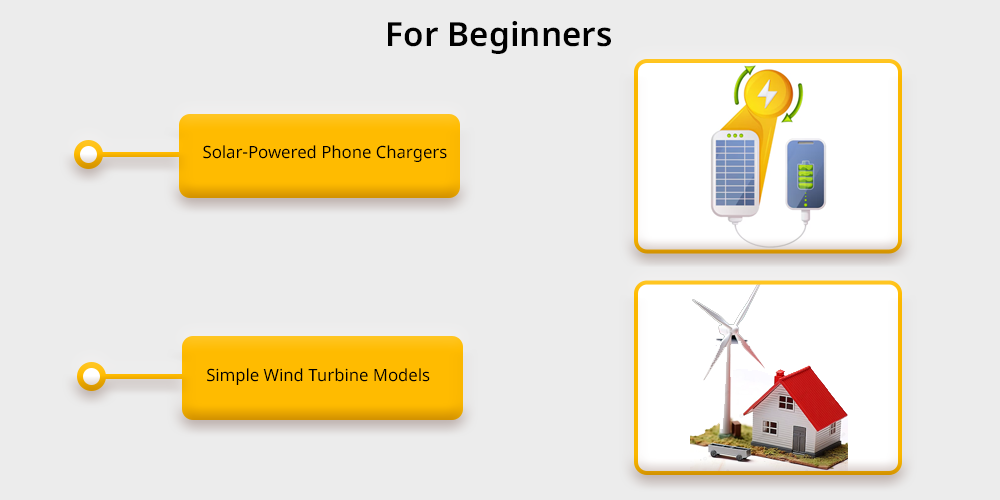
1. Solar-Powered Phone Chargers
In this project students participate to create a portable charger powered by solar panels which introduces them to the world of photovoltaic technology and explains to them its significance and importance.
This project also teaches students the real life everyday application of solar energy and its wide range of use in households.
2. Simple Wind Turbine Models
Students can develop a simple wind-determined model which combines a lot of household materials with the technology to demonstrate the principle of wind energy conversion and mechanical designing in small components.
Explore some science experiments for kids that focus on renewable energy .
Intermediate Projects
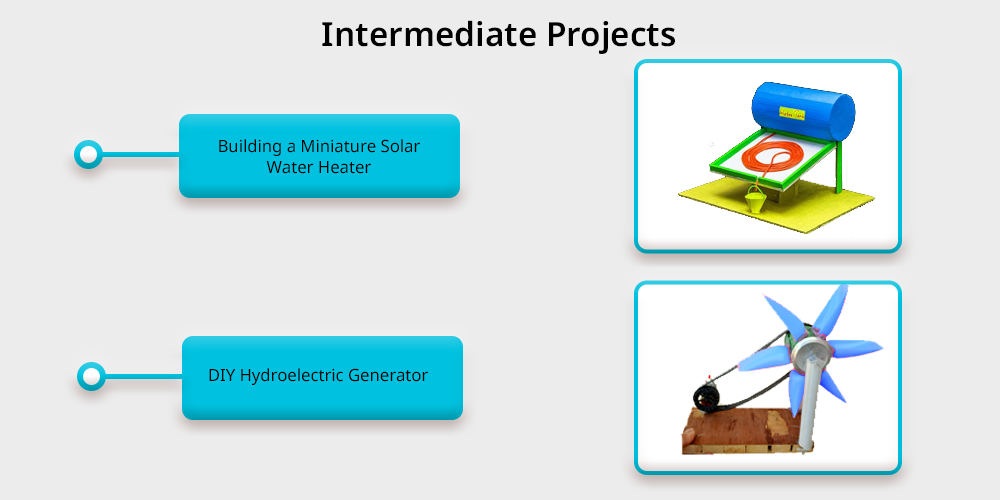
1. Building a Miniature Solar Water Heater
Under intermediate projects students can build a miniature solar water heater where solar energy is utilized and simple household materials are utilised for students to learn about heat absorption, insulation and energy efficiency in an applicative manner.
2. DIY Hydroelectric Generator
Students can also try DIY hydroelectric generator which is most common among the science exhibition that happens for students in school on an annual basis where they create a small hydroelectric generator using flow of water from stream tabs and other sources which allows students to understand the concept of energy generation through water flow and current.
Advanced Projects
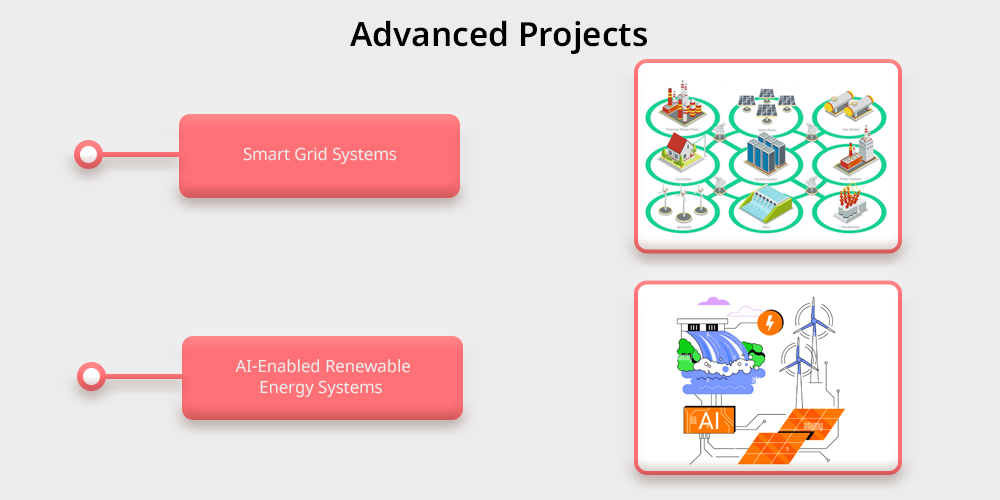
1. Smart Grid Systems
Under advanced project students can try experimenting with smart grid systems which allow students to work on designing a smart grid which integrates multiple renewable resources and energy sources providing them insights into energy distribution automation and grade management.
It is a complex project which involves a lot of small elements needed to be combined efficiently under guidance.
2. AI-Enabled Renewable Energy Systems
Students interested in technology can also explore the areas where artificial intelligence is introduced to the renewable energy system to optimise it to the best of its potential.
Consider an example from the latest innovation that has been seen in the classroom and school: an AI algorithm is used to predict solar and wind energy production based on the weather pattern from the previous day and forecast it for the future.
For further information read this blog on: future of AI in education .
Conclusion
Projects are much more than an educational exercise; they create a pathway for students to understand the value of a sustainable future.
By working on projects students gain a deeper understanding of concepts that helps them deal with environmental changes and understand the challenges that the planet is facing in terms of sustainability and resource consumption, which time they develop problem solving and analytical skills which helps them build solutions that are available to address these issues.
Students developed critical thinking skills along with technical skills giving them a responsibility towards the society where they utilise the skills to preserve the earth’s precious resources for the future generations.
From beginners to advanced level designing and AI integration everything can be covered under the potential projects that teach students the value of renewable energy and transform their understanding of technology and its uses.
This hands-on experience teaches students lifelong learning skills and prepares them for careers in other growing fields like sustainable engineering environmental science and empowers them to be an active participant in the global shift that is happening towards renewable energy.
The journey towards a cleaner and greener World could be a small step but in the long run these lay the foundation for a brighter and sustainable future which creates a planet that utilises its resources to the best through innovation, commitment and education.
